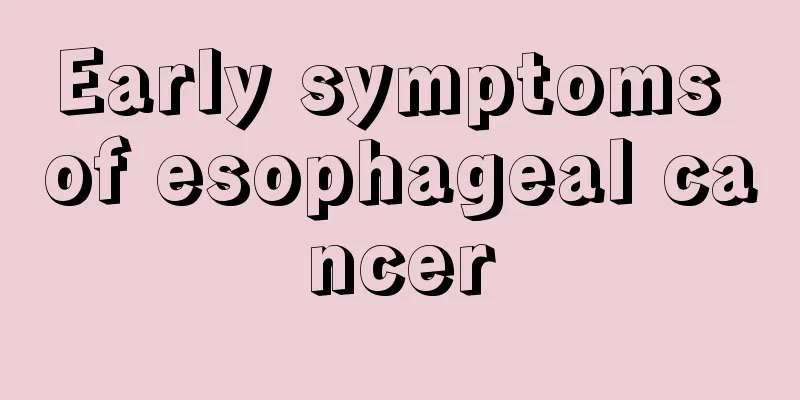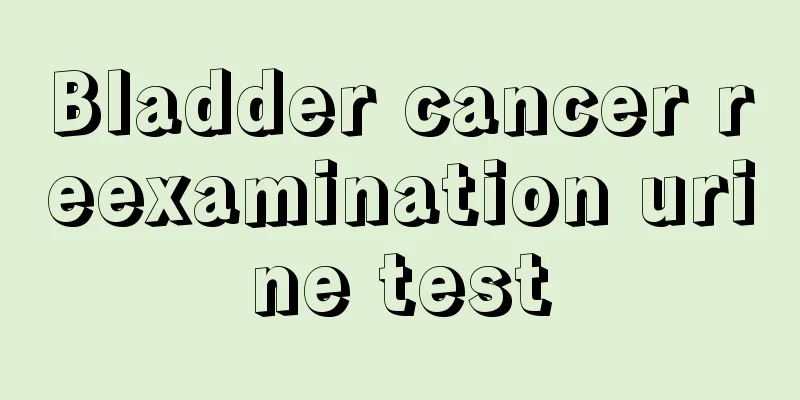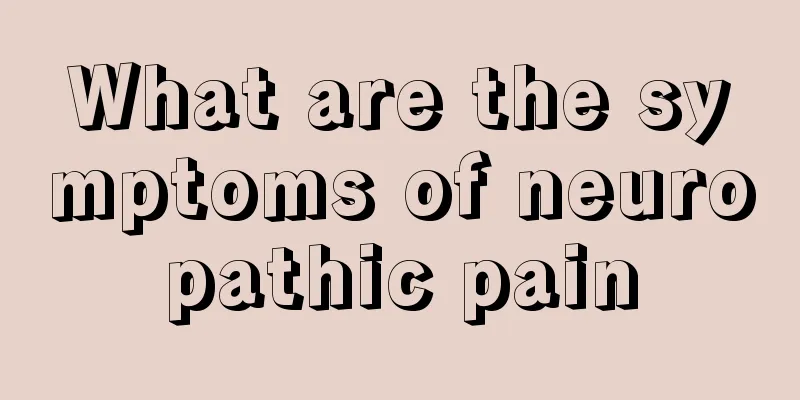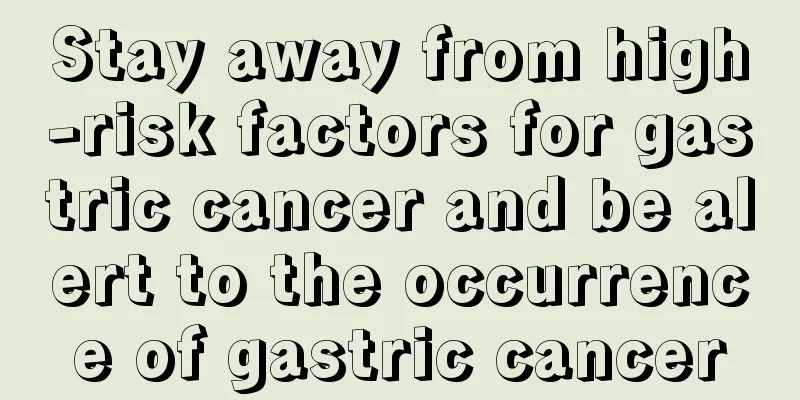Early symptoms of esophageal cancer

|
Esophageal cancer is a serious malignant tumor of the digestive tract. Its early symptoms include difficulty swallowing, chest pain, weight loss, hoarseness, and coughing or vomiting. The specific symptoms are as follows: 1. Dysphagia: This is the most common early symptom of esophageal cancer, which manifests as a foreign body sensation or obstruction when swallowing food. Patients may have difficulty eating solid food, and as the disease progresses, they may even feel discomfort when drinking water. If you have difficulty swallowing, you should seek medical attention in time and undergo a detailed examination to rule out the possibility of esophageal cancer. The doctor may recommend an endoscopy or esophageal angiography to confirm the cause and develop a treatment plan. 2. Chest pain: Some patients experience chest pain or discomfort in the early stages, which usually worsens when eating. This pain may manifest as a burning or dull pain behind the sternum, sometimes accompanied by a feeling of angina. When chest pain symptoms occur, you should seek medical attention in a timely manner and undergo chest imaging tests, such as chest X-rays or CT scans, to determine the cause. If the pain is related to eating, you need to be more alert to the possibility of esophageal cancer. 3. Weight loss: Due to reduced food intake caused by esophageal stenosis, patients often experience unexplained weight loss. Weight loss is one of the common symptoms of cancer patients and is often related to insufficient nutritional intake and increased metabolism. Continued weight loss should be taken seriously and medical examination should be sought as soon as possible to rule out the possibility of malignant tumors. The doctor may recommend blood tests and imaging tests to assess overall health. 4. Hoarseness: When the tumor compresses the recurrent laryngeal nerve, it may cause hoarseness. This symptom is more common in patients with advanced esophageal cancer, but it may also occur in the early stages. If hoarseness persists, you should see a doctor as soon as possible and undergo a laryngoscopy. The doctor will check the vocal cord function to confirm whether the tumor is compressing the nerve and causing the voice change. 5. Coughing or vomiting: Early esophageal cancer may cause reflex coughing or vomiting, especially after eating. Reflex coughing is caused by esophageal lesions stimulating the vagus nerve, and vomiting may be caused by obstruction of food passing through the esophagus. If you have frequent coughing or vomiting, you should see a doctor as soon as possible and undergo digestive tract examinations. The doctor may perform an esophagoscopy or other imaging examinations to determine whether there are lesions in the esophagus. In order to detect esophageal cancer as early as possible, you should maintain a good lifestyle, avoid excessive smoking and drinking, and have regular health checks. Especially those with a family history of esophageal cancer or long-term gastroesophageal reflux symptoms should pay more attention to esophageal health and seek medical attention in time. |
<<: Intestinal cancer usually causes pain in three places
>>: Is inverted nipple a sign of early breast cancer?
Recommend
What are the precautions after chemotherapy for nasopharyngeal carcinoma
Nasopharyngeal carcinoma is a malignant tumor. Ch...
How to deal with eye congestion and pain
The eyes have very low immunity and do not have s...
Lung cancer adenocarcinoma Be careful if you do this, it may be life-threatening!
Cancer is a disease with a high mortality rate, a...
Why do I have more and more hair on my body?
Summer is a good season to show off one's bod...
What should I do if I get stung by a bee and it swells?
Some friends who are traveling in the wild or liv...
What are the methods of reducing blood lipids in traditional Chinese medicine
People's living conditions are getting better...
What are the disadvantages of abdominal breathing
If you want to keep your body healthy, you must s...
Which hospital can treat myeloma best
Which hospital can treat myeloma best? When a per...
The difference between three yellow chickens and ordinary chickens
Three Yellow Chicken is different from ordinary c...
How long does it take to heal anterior cruciate ligament tear
The condition of anterior cruciate ligament tear ...
How to treat rectal tumor
How to treat rectal tumor? Rectal tumor is really...
What should you pay attention to when dealing with scalds caused by boiling water
Being scalded by boiling water is believed to be ...
Can liver cancer patients drink dandelion water? It may help to a certain extent
Liver cancer patients can drink dandelion root in...
Does bone cancer affect pregnancy?
Does bone cancer affect pregnancy? Once you get a...
Which hospital is good for treating gallbladder cancer?
Which hospital is best for treating gallbladder c...









